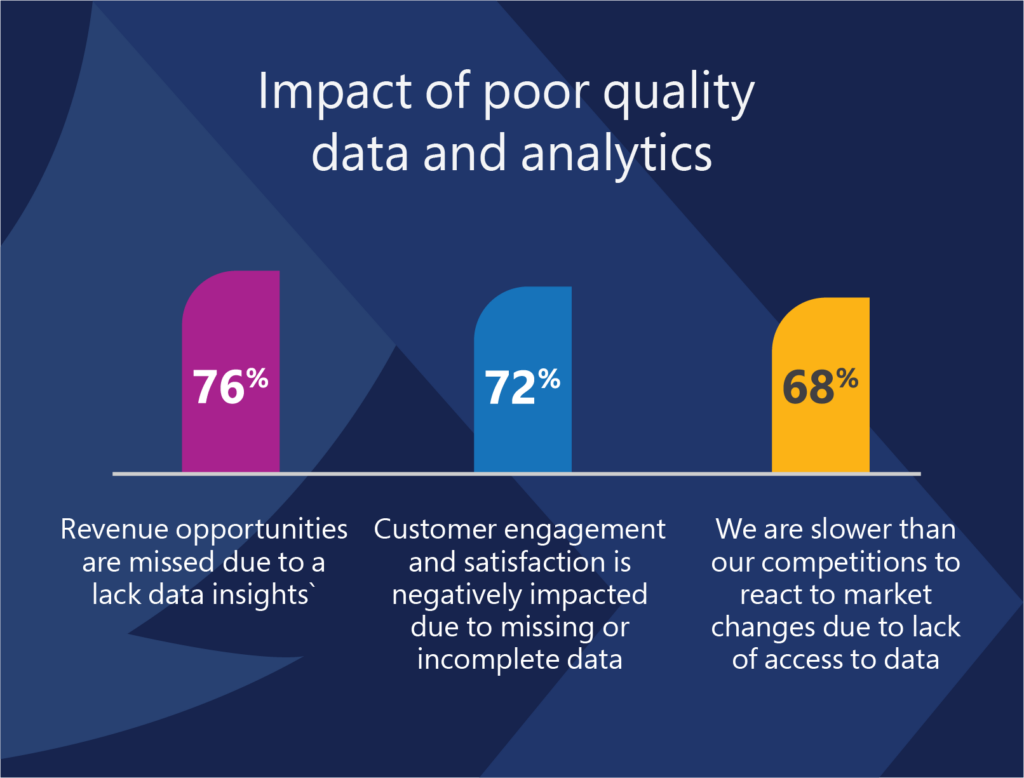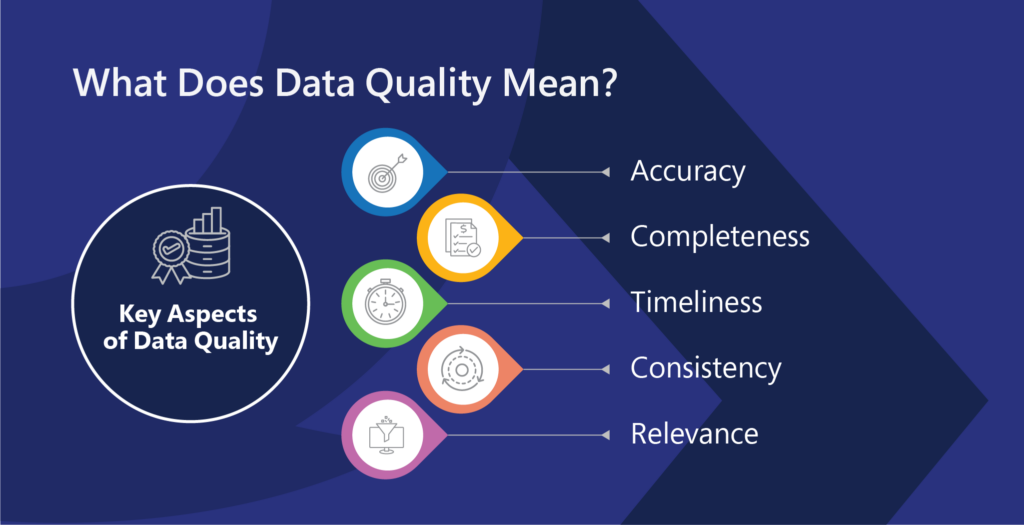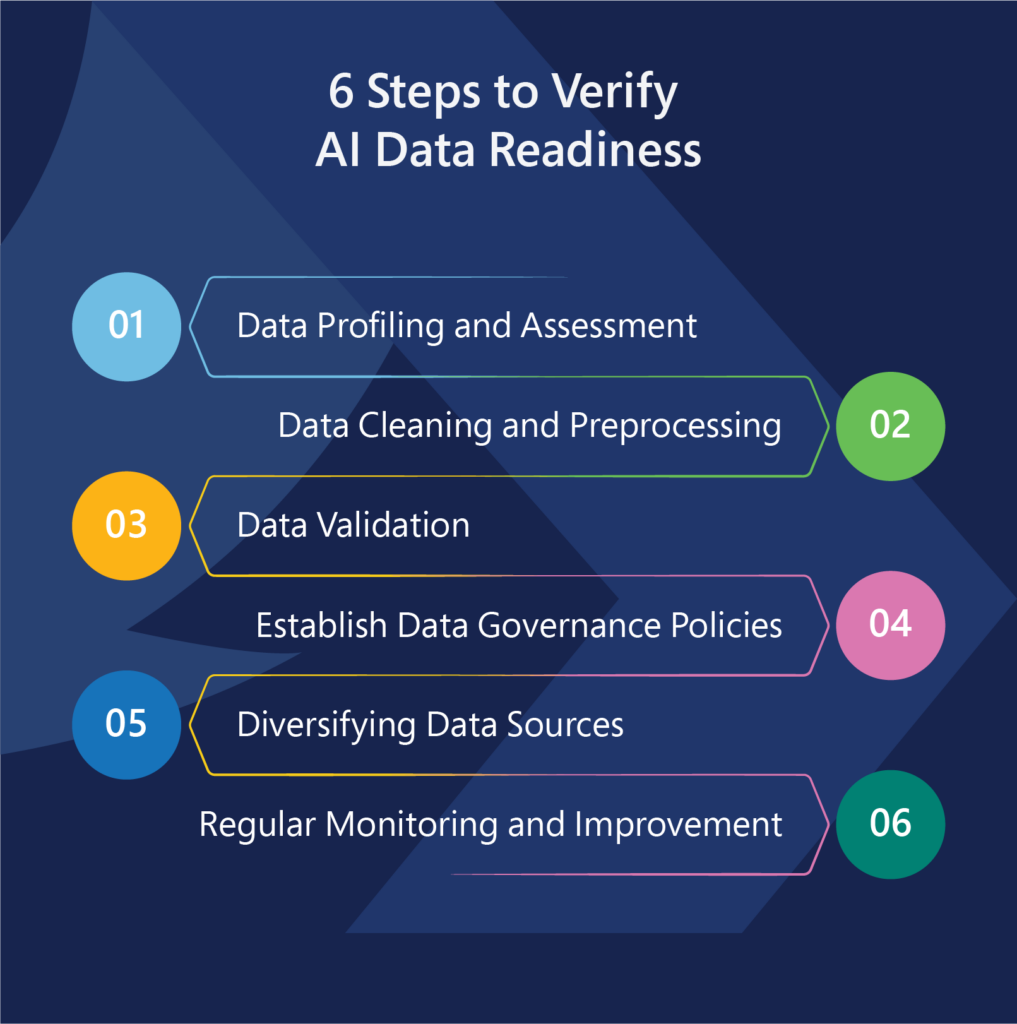AI Algorithms to improve the use of chaos engineering
AI can improve the efficiency and effectiveness of chaos engineering. AI algorithms help identify potential false positives
Read moreAutomation in IT operations enable agility, resilience, and operational excellence, paving the way for organizations to adapt swiftly to changing environments, deliver superior services, and achieve sustainable success in today's dynamic digital landscape.
Next-generation application management fueled by AIOps is revolutionizing how organizations monitor performance, modernize applications, and manage the entire application lifecycle.
AIOps and analytics foster a culture of continuous improvement by providing organizations with actionable intelligence to optimize workflows, enhance service quality, and align IT operations with business goals.
Artificial Intelligence (AI) has rapidly gained popularity over the past decade, transforming industries and enabling businesses to automate processes, enhance decision-making, and deliver more personalized customer experiences. Enterprises across the globe are increasingly investing in AI technologies to gain a competitive edge and unlock new opportunities. From predictive analytics and natural language processing to machine learning and deep learning, AI has the potential to drive ground-breaking innovations.

However, despite the enthusiasm and investment, many AI projects are failing to meet expectations. One of the most significant reasons for these failures is poor data quality. In fact, a new research from the RAND National Security Research Division shown that up to 80% of AI projects do not reach full implementation due to poor data practices. This highlights a concerning fact that translating AI potential into concrete results remains a challenge that needs immediate attention.
In this blog, we’ll explore why AI data quality is so important, the common issues that impact data quality, and the steps enterprises can take to ensure that their data is AI-ready.
Data quality refers to the condition of data based on factors such as accuracy, completeness, consistency, reliability, and relevance. High-quality data is critical for AI because AI systems rely heavily on large datasets to learn patterns, make predictions, and derive insights. If the data fed into AI models is flawed, the outputs will be inaccurate or biased, leading to poor decision-making and suboptimal results.

The key aspects of data quality are:
Also Read: 7 Essential Steps to Get Your Data AI-ready
High-quality data is essential for the effective training, operation, and success of AI systems. Here are some of the key benefits:
AI systems, particularly machine learning models, are only as good as the data they are trained on. High-quality data ensures that AI models are learning from accurate and reliable information, which leads to better accuracy, more precise predictions, and higher overall performance.
AI models that feeds on high-quality data generate more actionable insights, enabling better decision-making. This is particularly crucial in areas like customer service, predictive maintenance, and fraud detection, where timely and accurate decisions can have significant financial or operational implications.
Data quality also plays a critical role in reducing bias in AI systems. Biased data can lead to skewed or discriminatory results. By ensuring that data is diverse, representative, and unbiased, enterprises can build AI models that are fairer and more equitable, preventing ethical concerns or legal issues down the line.
AI models trained on clean, high-quality data can be deployed faster and more efficiently. The absence of data quality issues means less time spent on cleaning and preparing the data, and more time focusing on model development and deployment. This can result in quicker time to market for AI-driven solutions and innovations.
AI systems need to scale with the growing data generated by enterprises. High-quality data enables seamless integration of new data sources, and ensures that AI models can adapt to changing conditions without compromising on performance or reliability.
Despite the importance of data quality, many organizations face challenges in maintaining high-quality data. Below are some common data quality issues that can have a significant impact on AI success:
Missing data is one of the most prevalent issues in AI data quality. If crucial data points are missing or unavailable, the model cannot make accurate predictions. For example, in a customer segmentation model, missing demographic data could result in incorrect insights and ineffective marketing strategies.
Inconsistent data refers to discrepancies between data points. For example, the same customer may be recorded with different names, addresses, or purchase histories across multiple systems. Inconsistencies can lead to incorrect analysis and decision-making, making it difficult for AI models to learn and generalize from the data.
AI models depend on current data to make relevant predictions. Using outdated data to train an AI model can result in inaccurate or irrelevant results, especially in fast-changing industries like finance, healthcare, and e-commerce. For example, an AI model predicting stock market trends using historical data from years ago may not perform well due to the evolving nature of financial markets.
Data noise—irrelevant or extraneous information—can negatively affect AI models. Similarly, errors in data such as typographical mistakes, incorrect units, or faulty measurements can lead to incorrect conclusions. For example, a recommendation algorithm may provide irrelevant suggestions if it is trained on noisy data that includes incorrect preferences or purchase histories.
Bias in the data, whether intentional or unintentional, can lead to skewed results. For example, if an AI model is trained on data that underrepresents certain demographic groups, it may perform poorly for those groups, leading to unfair or discriminatory outcomes. Bias can result from incomplete data, biased sampling, or historical inequalities in the data collection process.

Ensuring high-quality data for AI systems requires a structured approach. Here are some key steps organizations can take:
Conduct a thorough assessment of existing data to identify quality issues such as missing values, duplicates, inconsistencies, and inaccuracies. Data profiling tools can help you understand the structure, content, and quality of your data.
Once data quality issues are identified, they must be addressed through cleaning and preprocessing. This may involve filling in missing values, removing duplicates, correcting errors, and standardizing formats. Data cleaning ensures that only accurate and reliable data is used to train AI models.
Establish processes for continuously validating data to ensure it meets the required standards of accuracy, consistency, and completeness. This can involve automated validation checks and periodic audits to ensure data remains high quality over time.
Implement strong data governance practices that define clear roles, responsibilities, and processes for maintaining data quality. Data governance policies should cover data ownership, stewardship, and quality assurance, ensuring that all stakeholders understand the importance of high-quality data.
To ensure that AI models are well-rounded and unbiased, it is essential to use diverse data sources. This helps to create a more comprehensive and representative dataset that will improve the model’s accuracy and fairness. Regularly review and update data sources to reflect current conditions and emerging trends.
Data quality should not be a one-time effort. Establish processes for ongoing monitoring and continuous improvement of data quality. This includes real-time data validation, feedback loops for data refinement, and adapting to new data requirements as AI models evolve.
At Quinnox, we understand that data quality is the foundation for successful AI implementations. Whether you’re just starting with AI or looking to scale existing efforts, our comprehensive suite of Gen AI and Data-Driven Intelligence services are designed to cater to every stage, from strategic planning to deployment and ongoing optimization.
A one-stop hub for AI solutions that accelerates the development of AI from concept to reality. With QAI Studio, you gain access to rapid prototyping, expert guidance, and the infrastructure needed to bring your AI ideas to life efficiently.
We specialize in creating scalable, high-performance data ecosystems that ensure seamless data accessibility while maintaining robust governance and security. Our services include data migration, transformation, and integration—empowering your business to harness data for innovation.
From automating KYC/AML processes to ensuring accurate regulatory reporting, Quinnox’s AI-powered compliance services help organizations meet complex regulatory requirements, minimize risks, and adapt to evolving standards.
Wrap Up
With data quality being a critical factor in AI success, enterprises must prioritize data governance, cleaning, and validation processes to ensure that their AI models perform optimally.
Investing in data quality today will yield powerful results tomorrow, ensuring that your AI projects deliver the value and insights you expect.
Data quality in AI refers to the condition of the data used to train and operate AI systems. It encompasses factors like accuracy, completeness, consistency, timeliness, and relevance. High-quality data ensures that AI models produce reliable, accurate, and unbiased results, leading to better decision-making and overall success.
AI systems rely on large datasets to learn patterns and make predictions. If the data is inaccurate, incomplete, or inconsistent, it can result in poor model performance, biased outcomes, and incorrect insights. High-quality data is crucial for training AI models that can deliver reliable, actionable results.
The key aspects of data quality are:
Accuracy: Ensuring the data is correct and error-free.
Completeness: Ensuring the data covers all necessary aspects and does not have missing values.
Consistency: Ensuring the data is uniform and does not contain conflicting information.
Timeliness: Ensuring the data is up-to-date.
Relevance: Ensuring the data is pertinent to the business problem or use case.
Common data quality issues include missing data, inconsistent data, outdated data, noise and errors, and bias in the data. These issues can lead to inaccurate predictions, flawed insights, and overall poor model performance, negatively impacting AI initiatives.
Organizations can ensure high-quality data by conducting data profiling and assessments, cleaning and preprocessing data, validating data regularly, establishing data governance policies, diversifying data sources, and continuously monitoring and improving data quality.
High-quality data leads to more accurate and reliable AI models, enabling better decision-making across various business functions. Poor-quality data, on the other hand, can lead to faulty predictions and suboptimal decisions, which can be costly for the business.
Quinnox provides a comprehensive suite of Gen AI and Data-Driven Intelligence services designed to help businesses ensure data quality throughout the AI lifecycle. From data migration and transformation to AI-powered platforms and compliance services, Quinnox helps organizations build AI-ready data for optimized AI performance and success.
Data governance is essential for maintaining consistent data quality. It defines clear roles and responsibilities, establishes data quality standards, and ensures that data is handled, cleaned, and validated properly throughout its lifecycle. Strong data governance practices help mitigate risks associated with poor data quality and ensure that AI models are based on reliable data.
AI-powered platforms, like Quinnox’s Qyrus and Qinfinite, utilize advanced data validation and automation techniques to enhance data accuracy, consistency, and timeliness. These platforms help streamline data management processes, making it easier to ensure high-quality data for AI models, ultimately improving AI outcomes and decision-making.
To ensure AI success, businesses should prioritize high-quality data, establish strong data governance, implement regular data validation and cleaning processes, and focus on continuous improvement. By investing in data quality from the start, businesses can maximize the impact of their AI initiatives and achieve their desired outcomes.
AI can improve the efficiency and effectiveness of chaos engineering. AI algorithms help identify potential false positives
Read moreBy embracing AI technologies and solutions with code at scale, companies can unlock new revenue streams which trigger an AI-driven impact economy
Read moreA recent conversation about prompt engineering led to the inevitable impressionist rendering of an astronaut eating a burger underwater.
Read moreGet in touch with Quinnox Inc to understand how we can accelerate success for you.